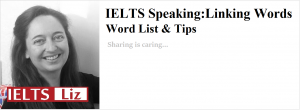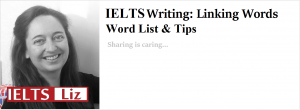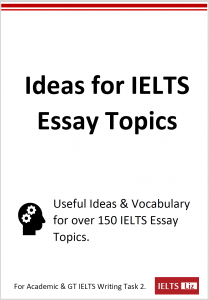An IELTS line graph and bar chart model answer with examiner comments. Describing two charts together for IELTS writing task 1 academic paper is easy when you know how. Dual charts like the one below are very common in IELTS Writing Task 1 and appear each year. (last updated in Oct 2023).
IELTS Line Graph & Bar Chart
The line graph shows visits to and from the UK from 1979 to 1999. The bar chart shows the most popular countries visited by UK residents in 1999.
Source: IELTS Cambridge English Test Books
Line Graph & Bar Chart Model Answer
The line graph illustrates the number of UK residents going abroad from the UK and overseas residents visiting the UK between 1979 and 1999, while the bar chart gives information about how many UK residents travelled to five of the most popular countries in 1999. Units are measured in millions of people.
Overall, there was an increase in the number of visits to and from the UK and there were more visits abroad by UK residents than visits to the UK by overseas residents over the period given. Furthermore, the most popular country to visit by UK residents was France in 1999.
The number of UK residents visiting overseas began at just under 15 million in 1979 and rose significantly to reach over 50 million in 1999. Around 10 million overseas residents visited the UK in the first year before climbing steadily to just under 30 million by the final year.
In 1999, France was visited by over 10 million UK residents, followed by Spain at approximately 9 million. The USA and Greece had about 4 million and 3 million visitors respectively. The least popular country visited was Turkey which had only about 2 million UK residents going there.
Examiner Comments
This IELTS writing task 1 report describing both a chart and a graph is organised into logical paragraphs. The introduction introduces both charts and the overview contains the key features of both chart. Detail in the body paragraphs is supported by data. The right language is used for the line graph and there are a range of sentence structures used throughout.
Paraphrasing
- shows = illustrates / gives information about
- the number = how many
- visits abroad by UK residents = UK residents going abroad = UK residents travelling to…
- from 1979 to 1999 = between 1979 and 1999 = over the period given
- rose = climbed
- about = approximately = around
Recommended
IELTS Writing Task 1: Tips, Lessons and Model Answers
Main IELTS Pages
Develop your IELTS skills with tips, model answers, lessons, free videos and more.








